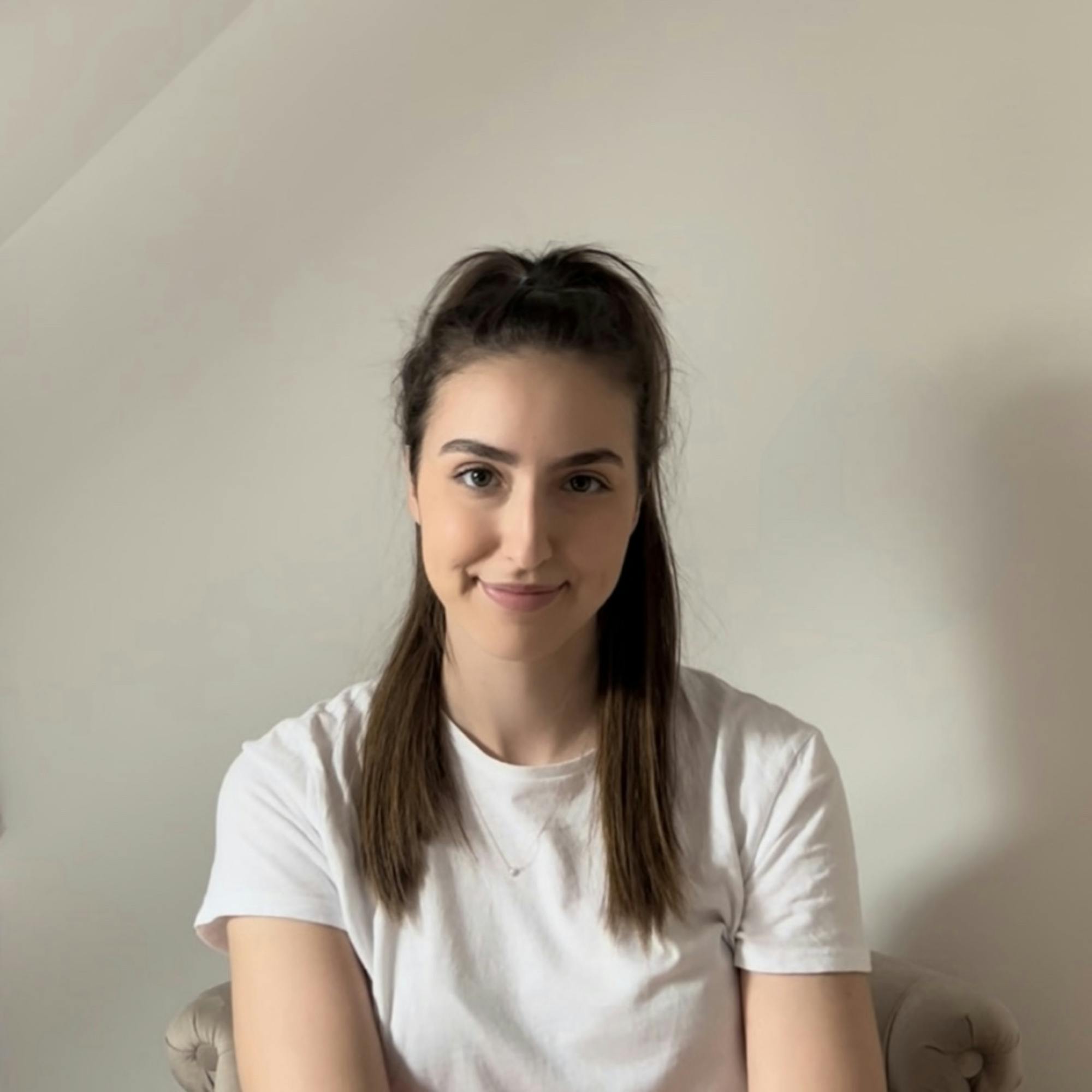Karla Ivkovic is a UWA Engineering Science student, specialising in Software, and recently completed the Minor in Active Citizenship through the McCusker Centre for Citizenship.
While she finishes her Bachelor degree, she is also keeping busy interning part-time as a software engineer, and volunteering. Karla shared some of her perspective on her study, her active citizenship journey, and her passion for STEM.
Tell us how you got involved with the McCusker Centre for Citizenship!
Karla: I first got involved with the McCusker Centre during the winter break last year when I enrolled in both the internship and Approaches to Wicked Problems units. I know a few people who did the internship and they all said that it was a really great experience so I thought I would give it a try. I was lucky enough to be offered a regional internship at YIC (Youth Involvement Council) as a youth worker intern and I absolutely loved it. It is still, by far, the most interesting and fulfilling unit that I’ve done. After the internship, I did the Approaches to Wicked Problems unit, which was also super hands-on and a great chance to engage in real-world projects.
Why did you decide to undertake the Minor in Active Citizenship, and what were some highlights?
Karla: In my second year, I had a few spaces for elective units, so I had a look at potentially using the spots to complete a minor degree alongside my major. The Active Citizenship minor was appealing as it was quite different to other available minors and looked like a great chance to contribute to something good. It was also a great opportunity to improve my leadership and soft skills.
The Minor had a great combination of theoretical, philosophical, and practical aspects, and was deeply focused on social engagement. I feel that I am now much more aware of how fundamental volunteering, donating, advocacy and other actions really are for achieving positive social change.
Were there unique opportunities open to you through getting involved with McCusker Centre for Citizenship programs?
Karla: The Approaches to Wicked Problems unit is a great example of the networking opportunity that the McCusker Centre provides. Working as small groups of students with community organisations and government departments, on projects that have the potential to be implemented, gave us the chance to apply our ideas and demonstrate our skills in ‘the real world’. We had the opportunity to speak with professionals who were matched with groups other than our own, which was really fantastic as we were able to connect with experts in other fields who had similar passions as us.
What are you up to now, and what is next for you from here?
Karla: I’ve just finished the first semester of my third year and am currently a part-time software engineering intern. I am also engaged with Robogals, a student volunteering club that aims to inspire young girls to pursue STEM fields at university, and recently joined the Girls in Engineering outreach program, travelling with them to Port Hedland on a similar mission of inspiring girls to pursue careers in STEM.
After completing my Bachelor degree, I will be staying at UWA to finish 2 years of postgrad study. Although software engineering does not necessarily involve civic participation, I believe with the knowledge I’ve gained through the Minor I will be able to incorporate active citizenship in my professional career.
Do you think it’s important for students to engage in critical thinking about active citizenship?
Karla: Being able to educate yourself on how to become a more active citizen will really broaden your perspective on the world and how much change can be made if individuals try to exercise civic participation.
I highly recommend the Minor in Active Citizenship, or even taking one or two of the units - you will gain a better understanding of yourself and how you can have an impact for others.
The McCusker Centre for Citizenship’s Minor in Active Citizenship is an interdisciplinary specialisation that develops students' capacities to be caring, connected and socially engaged contributors to their communities. It involves practical engagement with industry partners and critical reflection on personal, community and government responsibility for positive change. You can find out more here.

